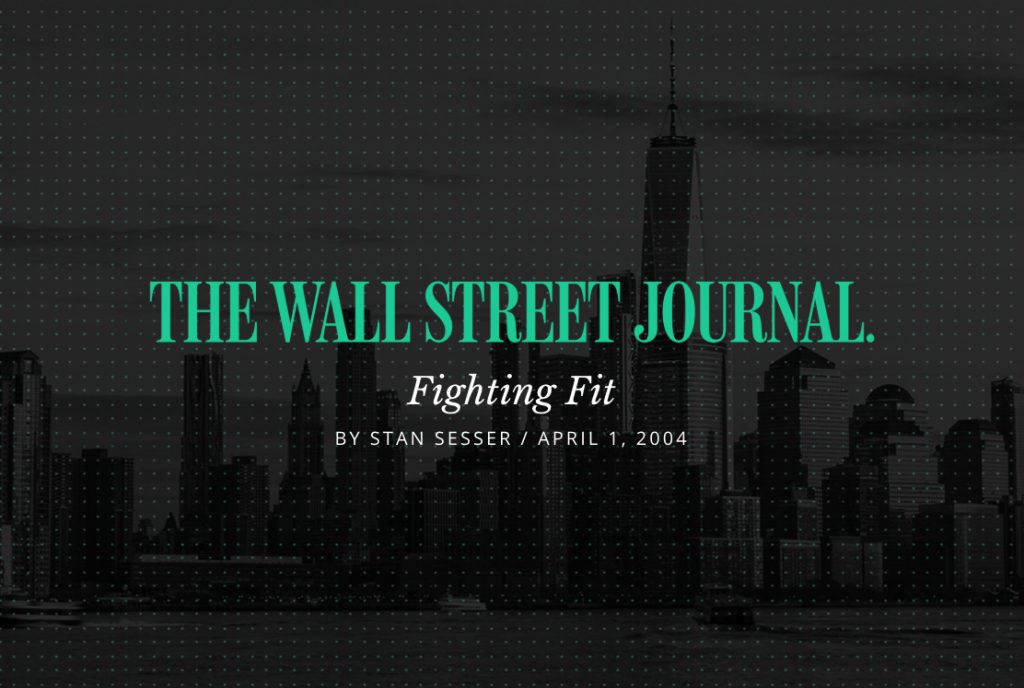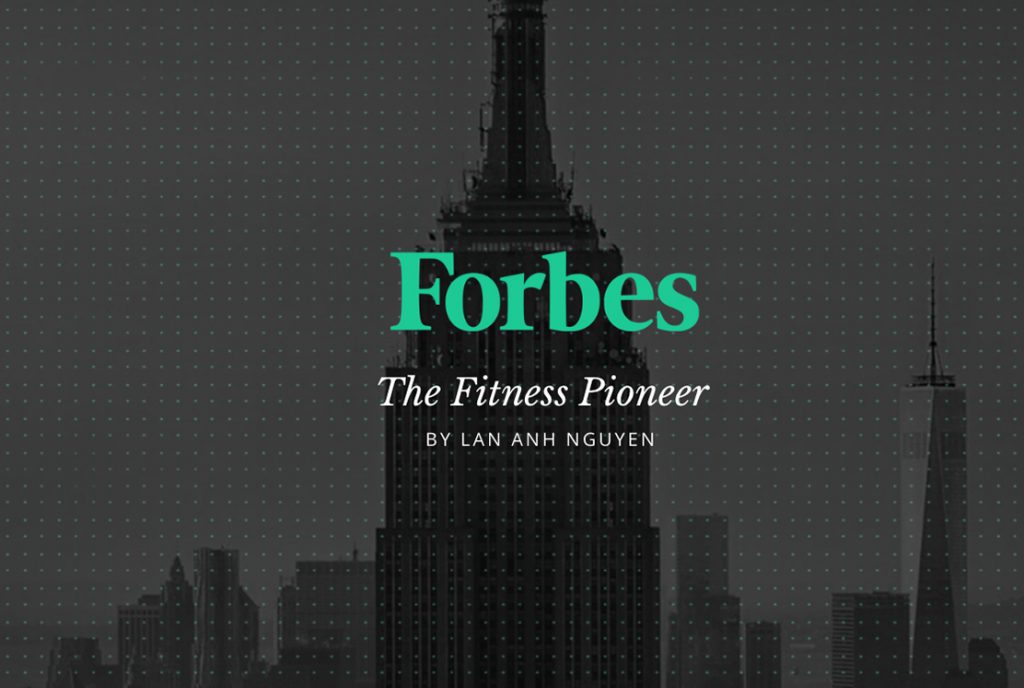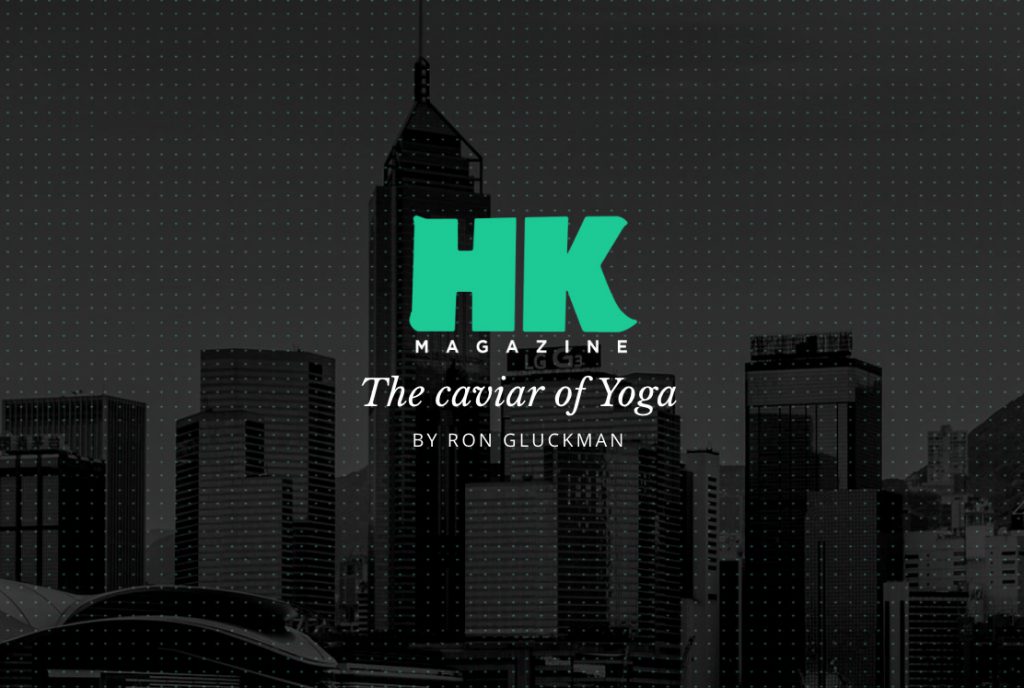

The latest Madonna song is pounding through the speakers at California Wow Xperience as hundreds of young bodies shake and shimmy. On the walls of the cavernous Ho Chi Minh City space, flat screens feature the Fashion TV channel as a style guide. A disco or nightclub? No, it’s the newest arm of Asia’s pathbreaking gym impresario. Eric Mark Levine, the creator of California Wow, calls it the place “to see and to be seen.” Bridging exercise and entertainment was the concept Levine used to start his first fitness spot in Hong Kong 12 years ago. His latest incarnation has opened two spots in the former Saigon this year. All told, 143,000 people work out at centers under Levine’s brands in Asia today–a figure he says is growing 40% a year. A publicly traded piece of it in Thailand reported revenues of $25 million and scant profits of $148,000 for the first six months of 2008. Modern workout clubs can be found across big Asian cities today–not just California Wow, but others such as Fitness First, True Fitness and Celebrity Fitness. They’re now part of the urban middle-class experience, though still less so than in the U.S. Levine, born in Canada 53 years ago, founded his first fitness centers there but saw the payoff from their mainstream appeal in California in the early 1990s. There he helped build a chain that was sold in 1995 to Mark Mastrov’s 24 Hour Fitness. This established a pattern in which Levine, now a resident of Thailand, lays tracks for the 50-year-old San Franciscan, with whom he often partners. Mastrov returns the favor: “Eric is opening up clubs in Asia more than anyone. He is the pioneer in Asia.” First there was California Fitness in Hong Kong. On a visit to the still British colony in 1996, Levine walked around town and was struck: “I saw a lot of people so well dressed, brand-name conscious, and there was no major fitness center except those in the five-star hotels. I thought: ‘This is the place I want to start!'” The initial venue was 3,000 square meters in Central and a forerunner of today’s California Wow with the flashy lights, thumping music, snazzy equipment and buff trainers. The rent was scary–more than $2 million a year–but a good 3,500 memberships were sold in the first nine weeks. California Fitness had opened three other spots in Hong Kong and Singapore and was headed to other venues when it, too, was sold to Mastrov’s company. (Today, with 25 clubs across Asia, it remains part of 24 Hour Fitness, but Mastrov sold that company off to private equity house Forstmann, Little in 2005.) Levine took his burly body and infectious “Wow!” chatter on to Bangkok. In 2001 he started again with California Wow, this time with Mastrov as a partner from the start. The fitness club business is notoriously volatile and California Wow is not immune. A foray early on into Seoul was sold to a Korean company, which then folded. Even health brands can be churned by their owners. But Levine is pumped to expand Cali Wow (as it’s familiarly called) farther into Southeast Asia and beyond into India and the Middle East within a year. For those who prefer a more zenlike experience, his centers already include Planet Yoga areas that offer a sweaty ambience called “hot yoga,” which is said to especially focus the mind. It also seems to have drawn a lawsuit from Bikram Yoga, a yoga outfit out of Los Angeles whose founding yogi–Bikram Choudhury–alleges Levine & Co. breached an agreement and then infringed on his copyright. The case is due for trial soon. Neither that nor the bad karma of a looming recession in much of Asia daunts California Wow. In fact, partner Mastrov says, people tend to go to the gym more when there is a business slowdown. Surely Levine, the salesman, will do his part to get them there. In the first Hong Kong opening he sold over 1,000 memberships himself. The entry was $500 and the monthly fee was $90. The club cost $4 million to build, and Levine says it broke even within the first few months. “It was so exciting,” he recalls. “We worked all day and night. One time I got home at 1 or 2 a.m., took a shower, went to bed and realized I had not slept the whole week.” With that smash hit he was on his way in Asia. “I had the freedom to create the industry myself,” says Levine. “The idea was to make it fashionable and cool, and, of course, you get in shape. ‘Cindy Crawford looks like this because she goes to California Fitness.’ We market it that way.”
Celebrity endorsements were a big part of the marketing, with Crawford even sitting on the board of 24 Hour Fitness and acting as a spokesmodel for it and the California Fitness adjunct. Mastrov later brought in the likes of Lance Armstrong, Andre Agassi and Jackie Chan when opening clubs, and the various rivals in the Asian business today flog such personalities as well. But Levine was the first. California Wow has 11 clubs in Thailand, most in prime urban locations. Most of its members are joining a fitness club for the first time. This year’s Vietnam debut cost nearly $5 million and was overseen by a third partner, Randy Dobson, 33. He attracted 7,000 members in ten months and unveiled the second spot in October, not far from the popular Ben Thanh market. “We think Ho Chi Minh City can handle six clubs and Hanoi can handle two to three clubs,” says Dobson, an American who worked with Mastrov at 24 Hour Fitness in the U.S. and moved to Hong Kong in 2002. Expansion is how fitness centers amortize the marketing costs in any jurisdiction. Popular gyms bring in steady revenue, but the promotional burn spooks investors. California Experience Public, the entity that Levine et al. listed in Thailand in 2005, has a market capitalization of less than $20 million, even though it reports $50 million in net assets and $14 million in cash flow in the latest fiscal year. About this, Levine explains: “Investors look for profit, but the only way to show net profit is when we stop expanding.” (One big shareholder in the public company is Vicha Poolvaraluck, CEO and founder of Thailand’s Major Cineplex. Lately major fitness chains have been delisting, and Levine, Mastrov and Robson decided to make the expansion into Vietnam a private venture. In choosing to team with Master Kamal, a rock star yogi in Asia, to open the Planet Yoga centers, Levine is further splitting his returns. Kamal, in turn, has recruited yogis from India and schooled them to be the equivalent of personal trainers in a “yogi and me” promotion. Celebrity is one thing, but gyms also rely on the hard sell. If you go near a California Wow club in Bangkok, you’ll likely be approached by one of its sales crew politely but intently inviting you to try the gym. It is hard to shake them. This will be the “last chance” to get a promotional rate, but if they can get a phone number they’ll call you with other offers. Levine passionately advocates this: “We believe everybody should work out. I believe our real competition is procrastination. In our survey, we asked how long people have been thinking about working out. Most people said: ‘Forever.’ If they don’t enroll that day, they won’t come back.” Partner Mastrov emphasizes retaining those who do sign up: “Keeping people coming back is the key. You have to make fitness fun. If you can entertain people, they will stay and retain the membership.” Insists Levine, “We do not just make people healthier. We make them happier.” The fitness game has made Levine happy. His girlfriend is Varaluk (Joy) Vanichkul, a Thai supermodel and a spa-chain owner. He has a 55,000-square-foot beachfront mansion in Phuket he designed himself and spent three years building. The master suite holds a triple-king-size bed, and the grounds have two golf holes. But Levine doesn’t spend much time there. He’s off to meet his clubs’ staff and to look for the next opportunities. Says he, “I am very intuitive. I have to be there and feel it.”




